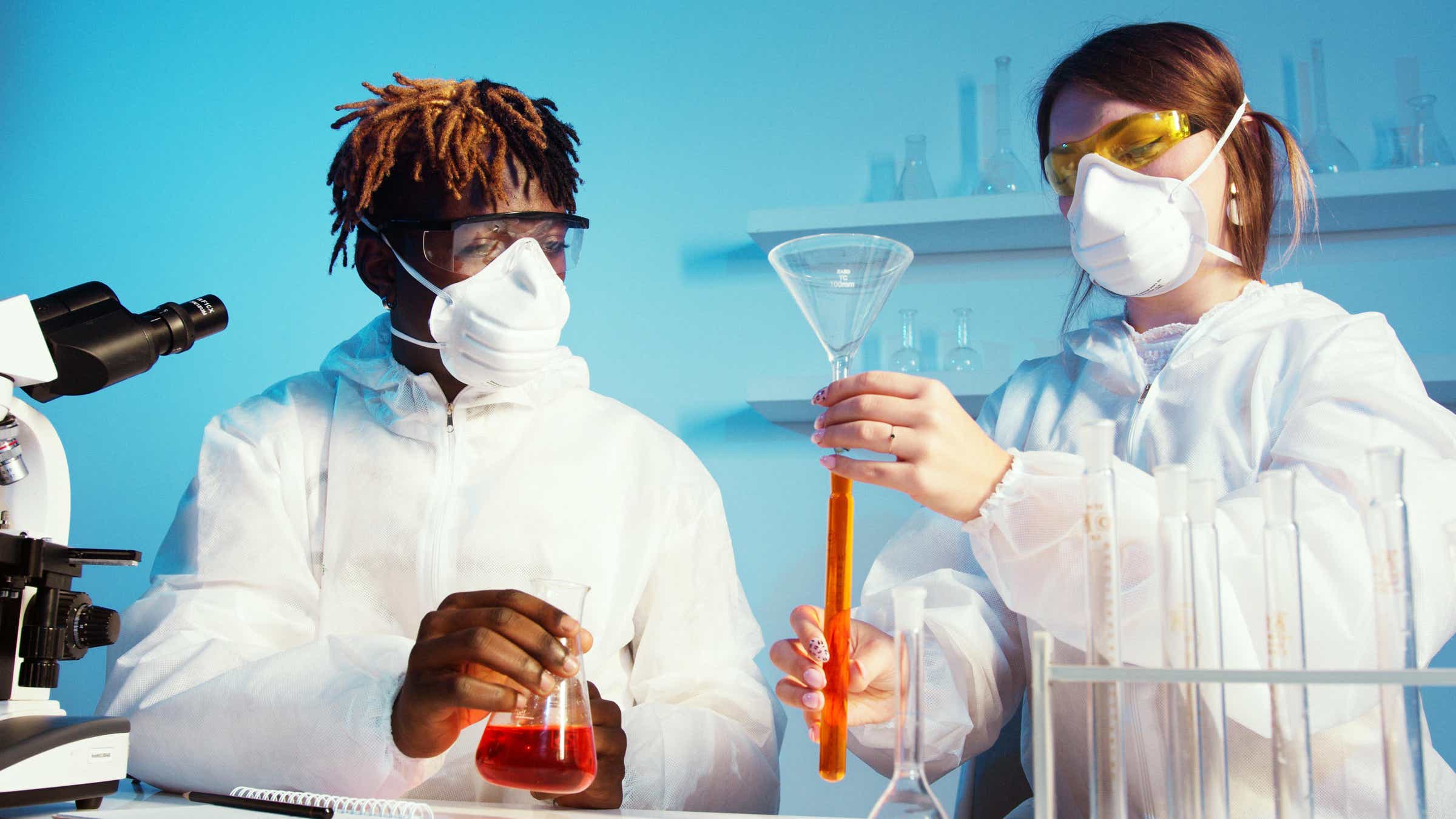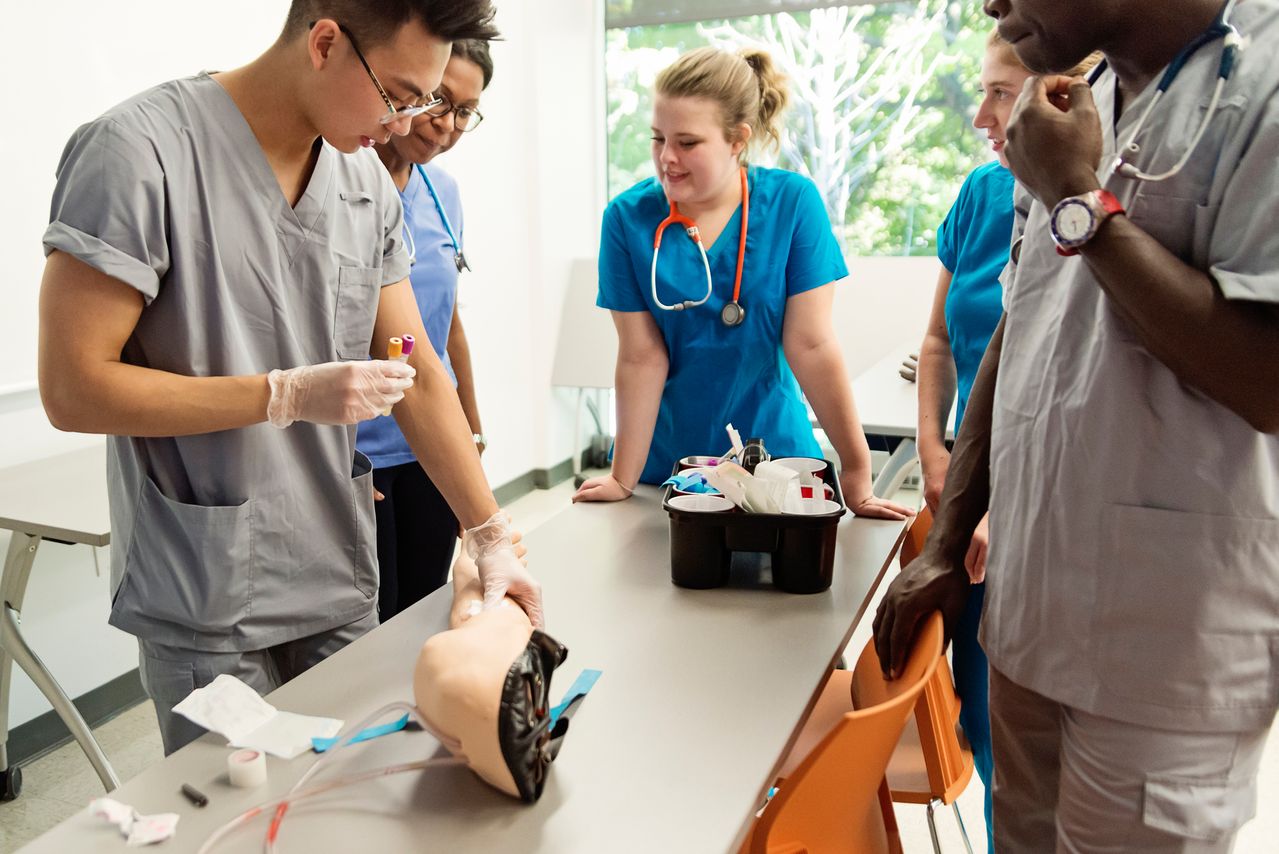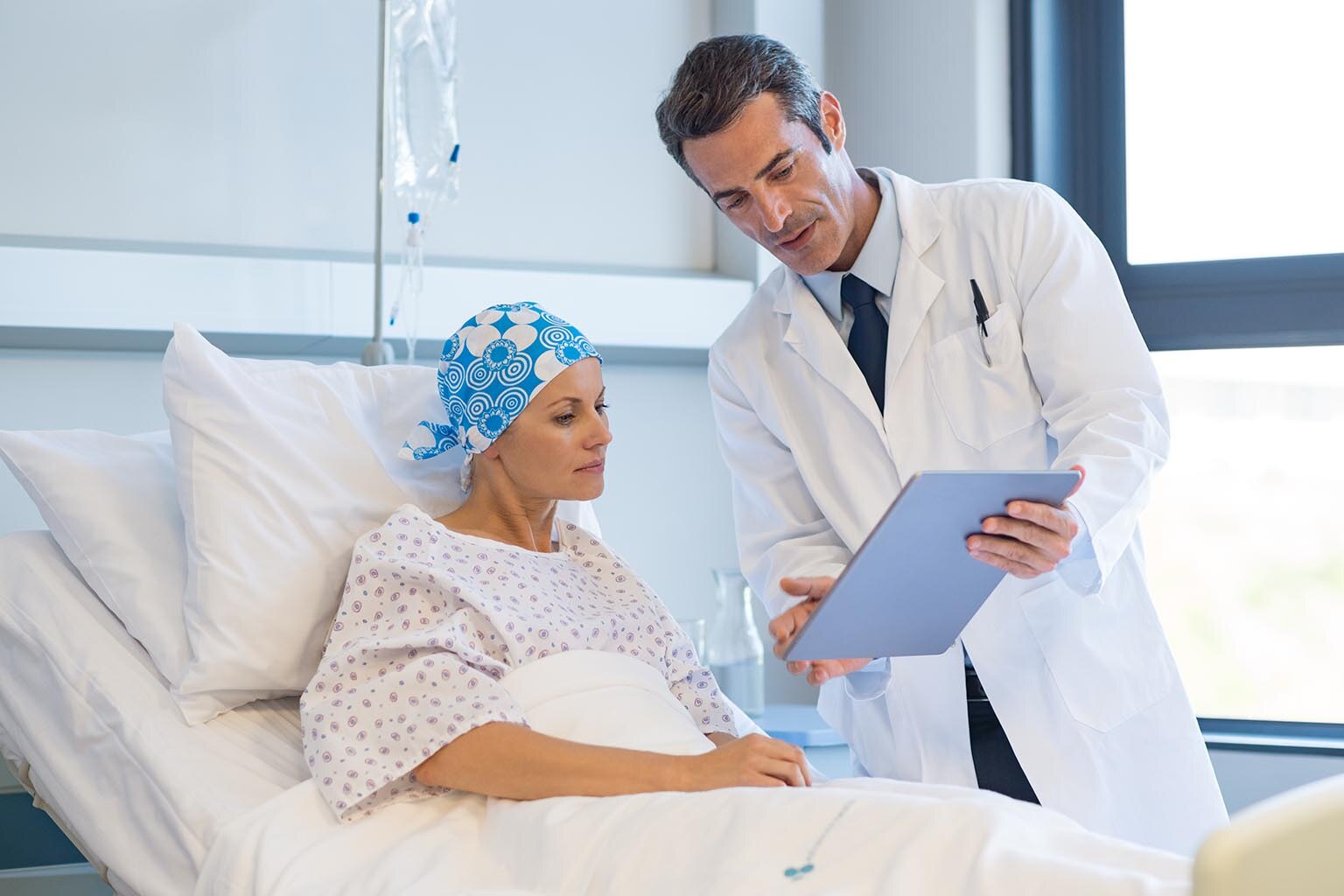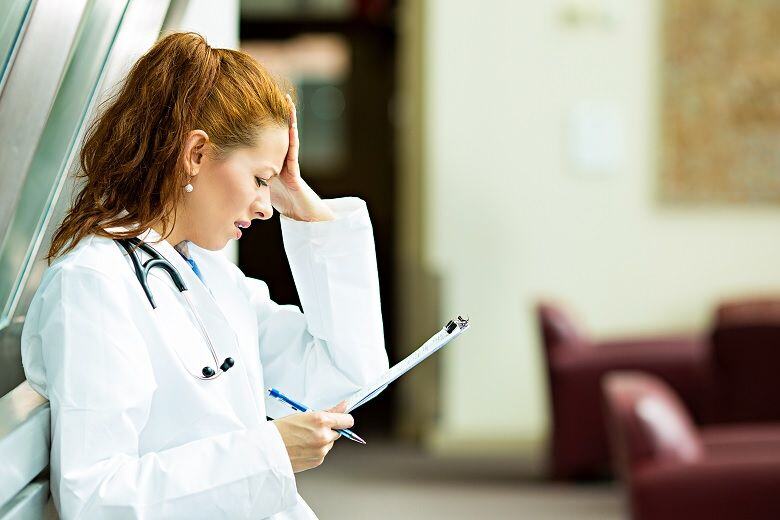In the complex world of legal proceedings, where intricate details can make or break a case, the testimony of expert witnesses holds immense significance. Among these experts, general practitioners (GPs) play a crucial role due to their comprehensive understanding of medical conditions, treatment protocols, and patient care. This blog delves into the invaluable contributions of general practitioners as expert witnesses, exploring their qualifications, responsibilities, challenges, and the impact they have on legal outcomes.

Qualifications of General Practitioners as Expert Witnesses:
General practitioners are uniquely positioned to offer expert testimony in legal cases due to their extensive medical training and experience in primary care. They typically hold medical degrees and are licensed to practice medicine in their respective jurisdictions. Moreover, GPs often have years of hands-on experience diagnosing and treating a wide range of medical conditions, giving them a nuanced understanding of patient care.

In addition to their medical credentials, becoming an expert witness requires GPs to possess certain qualities and skills, including:
- Communication Skills: Expert witnesses must effectively communicate complex medical concepts to legal professionals, jurors, and other stakeholders who may not have a medical background.
- Impartiality: GPs must maintain objectivity and impartiality when providing expert opinions, basing their testimony solely on medical evidence and professional judgment.
- Analytical Thinking: Analyzing medical records, interpreting test results, and forming conclusions based on available evidence are essential skills for expert witnesses.
- Credentials: GPs may acquire additional certifications or training in forensic medicine, medical jurisprudence, or other relevant fields to enhance their credibility as expert witnesses.
Responsibilities of General Practitioners as Expert Witnesses:
When called upon to serve as expert witnesses, general practitioners have several important responsibilities:
- Reviewing Medical Records: GPs meticulously review medical records, including patient histories, test results, and treatment documentation, to form a comprehensive understanding of the case.
- Providing Expert Opinions: Based on their review of the medical evidence, expert witnesses offer opinions regarding diagnosis, treatment outcomes, causation, and other pertinent medical issues.
- Preparing Reports: GPs may be required to prepare written reports summarizing their findings and opinions, which serve as crucial documents in legal proceedings.
- Testifying in Court: In cases that go to trial, expert witnesses testify under oath, presenting their opinions and providing clarification on medical matters to the court.
Challenges Faced by General Practitioners as Expert Witnesses: Despite their expertise, GPs encounter several challenges when serving as expert witnesses:
- Legal Procedures: Navigating the legal system and understanding courtroom procedures can be daunting for general practitioners who are not accustomed to the intricacies of litigation.
- Cross-Examination: Expert witnesses may face rigorous cross-examination from opposing counsel, requiring them to remain composed and articulate under pressure.
- Conflicting Opinions: In some cases, expert witnesses may encounter conflicting opinions from other medical professionals involved in the case, necessitating clear and persuasive communication to support their stance.
- Time Commitment: Serving as an expert witness often requires significant time and effort, including reviewing extensive medical records, preparing reports, and attending court proceeding

Impact of General Practitioners as Expert Witnesses: Despite the challenges, the testimony of general practitioners as expert witnesses can have a profound impact on legal outcomes:
- Clarity and Understanding: GPs help demystify complex medical concepts for legal professionals and jurors, facilitating a clearer understanding of the medical aspects of a case.
- Credibility: The credibility and expertise of general practitioners lend weight to their testimony, influencing the opinions of judges and juries in legal proceedings.
- Fairness and Justice: By providing impartial and evidence-based opinions, GPs contribute to the pursuit of fairness and justice in legal disputes involving medical issues.
- Prevention of Medical Malpractice: Expert witnesses play a crucial role in identifying instances of medical malpractice and holding negligent healthcare providers accountable, thus contributing to patient safety and quality of care.
Conclusion:
In conclusion, general practitioners serve as indispensable expert witnesses in legal proceedings, offering valuable insights into complex medical issues and helping ensure fair and just outcomes. Their qualifications, responsibilities, and contributions are vital components of the legal system, bridging the gap between medicine and the law. As trusted professionals with a deep understanding of patient care, GPs play a pivotal role in upholding the integrity of the legal process and promoting accountability in healthcare.
Looking for an expert witness
If you are looking for a expert witness, please get in touch with us at Witness Experts and we will be happy to help.









